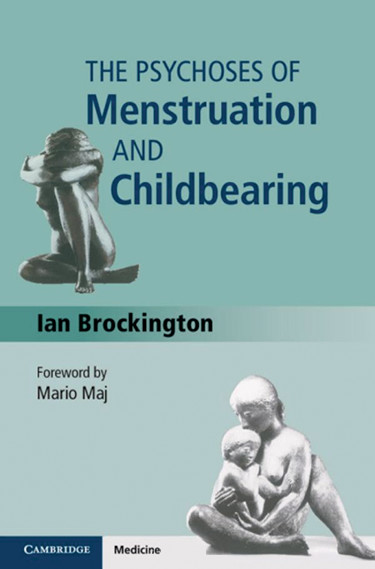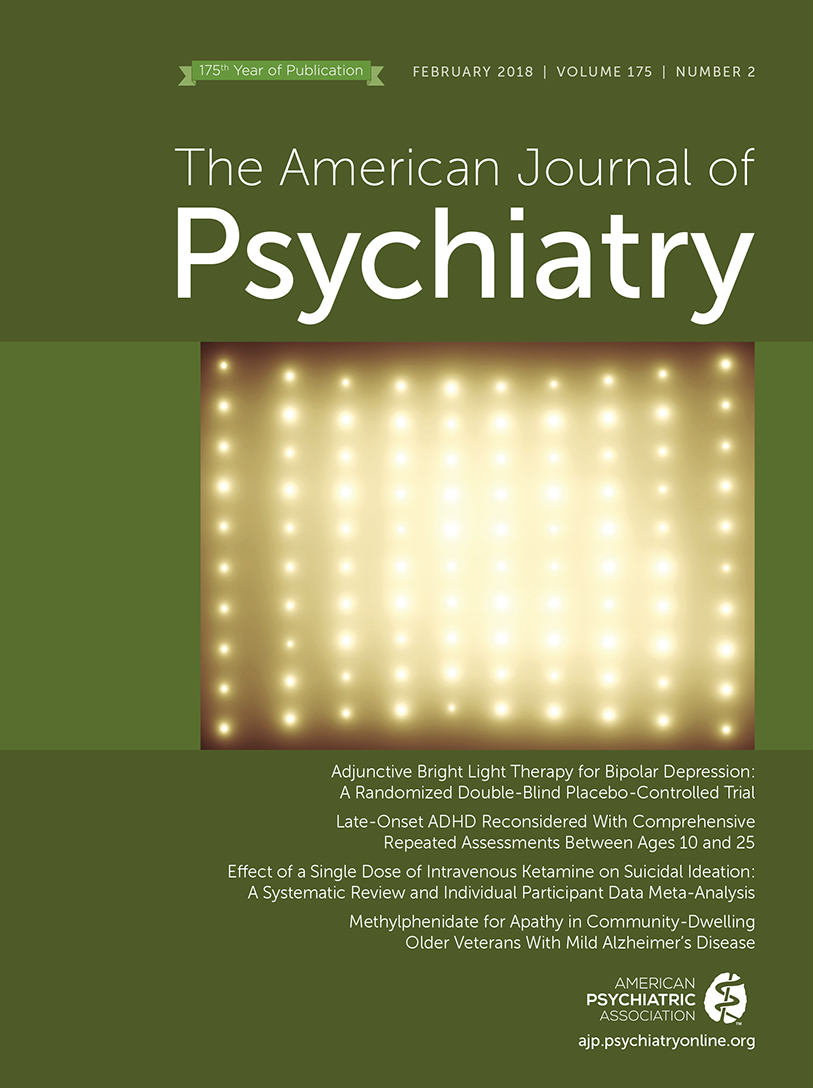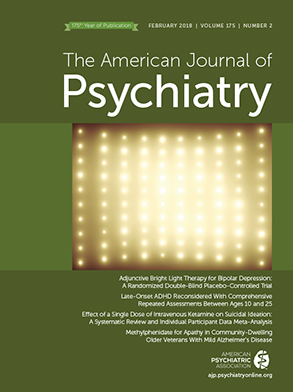The Psychoses of Menstruation and Childbearing is a fascinating read not only because of the subject but also because the book represents what psychiatry is today: a blend of clinical observation and tantalizing but not yet fully realized science.
Ian Brockington is a well-known “reproductive psychiatrist,” a relatively new term being used to describe those of us who focus on the management of psychiatric disorders during and after pregnancy and more expansively during reproductive life events. He begins the book with the following quote, attributed to Séverin Icard: “If our fore-fathers lacked the scientific tools we now have at our disposal, they had superior powers of observation and intuition. We find in their works, time and again, the seeds of our century’s finest flowers of scientific achievement.” He thus sets the stage for the blend of keen clinical observations, historical context, and the most recent basic science underlying our current understanding of puerperal and menstrual psychoses. Brockington painstakingly reviews 2,450 publications on the psychoses of childbearing and 470 on menstrual psychosis. Perhaps more important, he details a case series of 321 puerperal psychoses and 60 menstrual psychoses personally evaluated and followed by the author, thus adding richly to the existing literature. The book is a detailed accounting and description of what is known and has been published on these topics, and Brockington does a wonderful job of synthesizing a complex subject and relating not only a master clinician’s observations but a scientist’s understanding of the biological basis for these illnesses.
The book is divided into sections called Organic Psychoses, The Psychopathology of Parturition, Non-Organic Psychoses, Menstrual Psychosis, and, the most thought-provoking, The Challenge and the Opportunity. The Organic Psychoses section is a detailed accounting of the various types of psychoses seen during pregnancy, delivery, and the postpartum period with underlying medical conditions such as those due to eclampsia, metabolic disorders, clotting disorders, etc. With advances in medical care available in much of the world, these psychoses are rarer than they once were but are still an important part of a thorough differential diagnosis when confronted with psychoses during childbearing. The Non-Organic Psychoses section confirms what the field has known—a majority of nonorganic puerperal psychoses are ultimately a manifestation of bipolar disorder and tend to recur both with and without reproductive triggers. Brockington, like others in the field (
1), recommends lithium as a first-line treatment. This section also summarizes what is known about other pregnancy-associated triggers for illness, including abortion, miscarriage, and weaning. The Menstrual Psychosis section is a valuable synthesis of case studies and concludes that menstrual psychoses are also associated with and are likely a manifestation of bipolar disorder. The last section synthesizes Brockington’s clinical and scientific understanding of the topic and gives the reader and field directions for future research. In this section, Brockington strongly recommends large longitudinal studies with a focus on clinical observation with basic scientific observations saved for well-characterized clinical samples.
One other strength of the book deserves mention. Brockington not only describes these illnesses from both clinical and basic science perspectives, but he discusses them in a historical context and is not shy about criticizing the field for frequently ignoring or misclassifying these illnesses. For example, chapter 18 is a description and discussion of the ICD and DSM attempts to classify puerperal psychoses and concludes, “The influence of the ICD and DSM has been unhelpful” (p. 166). Brockington goes on to point out that because of the lack of classification, it has been difficult to conduct epidemiological studies that may allow for a greater understanding of the biological basis for puerperal psychoses.
Why study puerperal and menstrual psychoses? From a clinical research perspective, episodes of psychiatric illness that have a particular biological trigger may be a more biologically homogeneous group that will allow for the parsing out of the biological cause(s) of a more general psychiatric syndrome. This idea has been termed “reproductive depression” (
2) in reference to postpartum depression, premenstrual dysphoric disorder, and other depressive illnesses triggered by reproductive events in women. This same idea can be extended to psychotic illnesses triggered by reproductive life events. There is significant evidence of a genetic susceptibility to both postpartum psychosis (
3–
5) and postpartum depression (
6–
9), both of which may be triggered by the significant hormonal fluctuations that women experience through labor and delivery, and similar hormonal shifts occur during the premenstrual time period. The fact that the postpartum and premenstrual time periods are really the only times that psychiatry can predict when a woman may become psychiatrically ill means that these susceptible periods lend themselves well to scientific characterization. If we can understand the biological bases for puerperal and menstrual psychoses, then we may be able to extrapolate to psychoses more generally and eventually be able to move toward prevention and targeted treatments. Brockington argues that the art of clinical observation not only remains alive and well in psychiatry but also serves as the basis for allowing meaningful scientific discovery that will lead to improved outcomes and treatments for our patients. This book substantially adds to our ability to make progress in our field by drawing together a diverse literature, clinical expertise and experience, and the current basis of scientific knowledge. May it serve as the starting point for the scientific breakthroughs we need to move forward in the care and management of our psychiatric patients.


